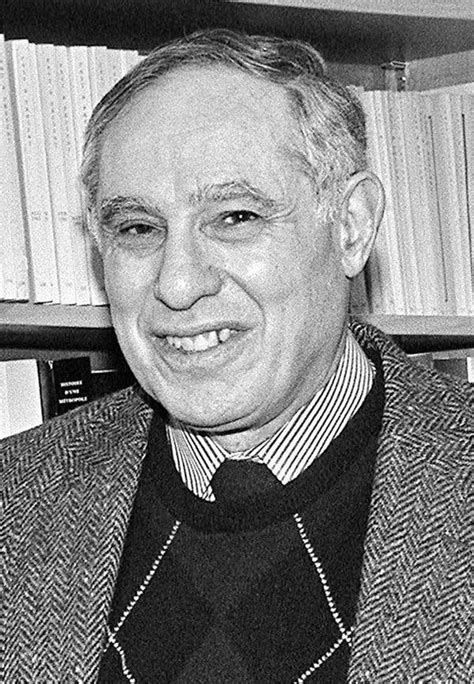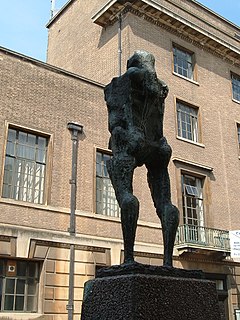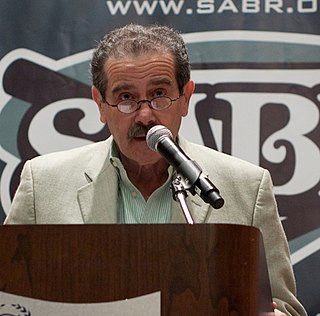A Quote by Jean de la Bruyere
I call worldly or earthly those whose minds and hearts are fixed on a tiny portion of this world they live in, which is our earth; who respect and love nothing beyond it: people as limited as what they call their property or their estate, which can be measured, whose acres can be counted, whose boundaries can be shown.
Related Quotes
There is emotion in the hug, and there is respect and a form of love. Emotion that comes from honesty, respect that comes from challenge, and the form of love that exists between people whose minds have touched, whose hearts have touched, whose souls have touched. Our minds touched. Our hearts touched. Our souls touched. We separate.
The American farmer, whose holdings were not so extensive as those of the grandee nor so tiny as those of the peasant, whose psychology was Protestant and bourgeois, and whose politics were petty-capitalist rather than traditionalist, had no reason to share the social outlook of the rural classes of Europe. In Europe land was limited and dear, while labor was abundant and relatively cheap; in America the ratio between land and labor was inverted.
Suddenly I find myself feeling sorry for those greedy, needy people whose huge salaries are never quite enough, whose sense of worth is defined by their own personal wad. What a diminished, impoverished world they must inhabit ... We should feel sorry for them and their sadly limited lives. Then we should remember never to trust the judgement of those whose priorities are so idiotically skewed.
As the flowers follow the sun, and silently hold up their petals to be tinted and enlarged by its shining, so must we, if we would know the joy of God, hold our souls, wills, hearts, and minds, still before Him, whose voice commands, whose love warns, whose truth makes fair our whole being. God speaks for the most part in such silence only. If the soul be full of tumult and jangling voices, His voice is little likely to be heard.
For my part, I feel that with regard to Nature I live a sort of border life, on the confines of a world, into which I make occasional and transient forays only, and my patriotism and allegiance to the state into whose territories I seem to retreat are those of a moss-trooper. Unto a life which I call natural I would gladly follow even a will-o'-the-wisp through bogs and sloughs unimaginable, but no moon nor fire-fly has shown me the cause-way to it. Nature is a personality so vast and universal that we have never seen one of her features.








































